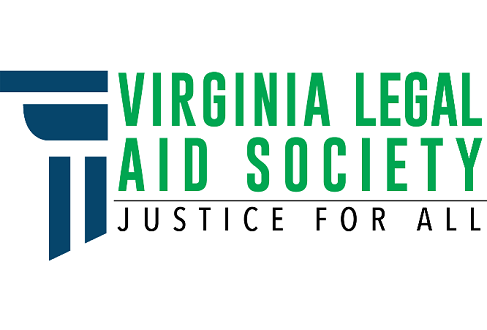Transition Services and Self-Advocacy
Eligibility – The law requires that the IEP team begin no later than age 14 to address the student’s need for instruction that will assist him or her in preparing for transition. At age 16 or younger, if deemed appropriate by the IEP team, specific goals are addressed in the IEP and are focused on services to help the child reach post-school goals. Items such as transition assessments, instruction, related services, community experience, employment and other adult living objectives, daily living skills, and a functional vocational evaluation can be written into the IEP and school records. Students and parents meet with staff to determine and work toward fulfillment of those goals.
Legal requirements for transitional component of IEP – By age 16, the child must have a transition plan written into his or her IEP. This must include a statement about the child’s future needs and services that will help the student develop the necessary skills to meet his or her goals. The plan should also list any non-educational agencies that might provide the child with additional support. The IEP team will consider what strategies would assist that child in taking steps toward plans for college, vocational, general employment, and independent living.
Two components of the individualized transition plan (ITP):
- TRANSITION IEP GOALS: These focus on training and/or education. They may include vocational education and adult education programs. Other goals include employment (regular or supported) and independent living skills. Goals vary and are individualized depending on the needs of the child. The ITP must list what services are needed to assist the student in reaching post-secondary goals.
- A SUMMARY OF PERFORMANCE (SOP): When a student exits the school system, either by obtaining a diploma or aging out, schools must provide them with this to assist in the transition from school to post school activities. This may include the child’s academic achievements and functional performance, recommendations for assisting the child in meeting post-secondary goals, and a list of the accommodations and modifications that have been utilized in high school.
Transition Assessments – These help students understand themselves and their interests, their strengths and limitations, and present level of development in specific areas. This knowledge assists in planning courses, exploring careers, and gaining life skills to be successful after high school. The information helps match the student with post-secondary choices.
Decision-making when student turns 18 – When a student reaches the age of 18, that adult student is presumed under Virginia law to be capable of making his or her own decisions. This includes decisions regarding his or her education. This right may be transferred to a parent or guardian if it is proven the person is not capable of providing informed consent.
» Transfer of Rights for Students with Disabilities upon reaching the age of majority in Virginia
End of Special Education Rights/Section 504 – The Individuals with Disabilities Education Act (IDEA), which gave the student rights for a free and appropriate education, no longer applies after high school and/or once a student has turned 22. Instead, Section 504 of the Rehabilitation Act (a civil rights law that prevents any federally funded organization from discriminating against people on the basis of disability) will be the law under which an adult student can receive reasonable accommodations and modifications. It becomes the responsibility of the student to advocate for disability support services and appropriate academic accommodations, although there is often a 504 or ADA coordinator who can assist. The Americans with Disabilities Act also offers protection and colleges must comply with the provisions of the ADA. Students must meet the requirements for a disability as defined in the ADA.
» PACER: Middle and High School Transition Planning
» Center for Parent Information and Resources: Transition to Adulthood
» VDOE: Transition Assessment: Establishing a Foundation for a Successful Transition to Adulthood
» National Association of Special Education Teachers: Transition Services
» Wrightslaw: Transition, Transition Services, Transition Planning
» PACER: ADA Q&A: Section 504 & Post-Secondary Education
» Wilson Workforce and Rehabilitation Center’s Life Skills Transition Program
» HEATH Resource Center: Transitioning from High School to College: A Spotlight on Section 504
